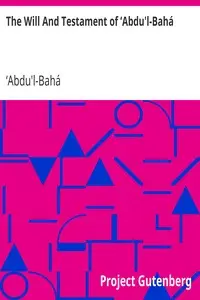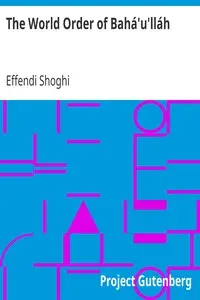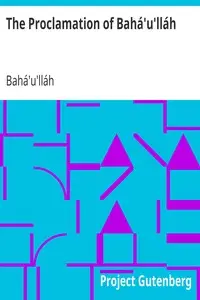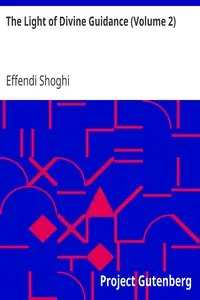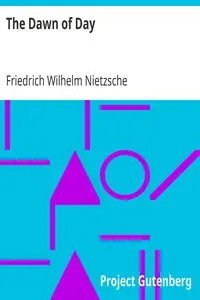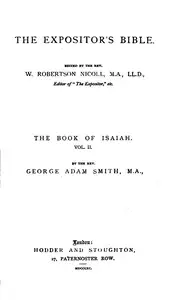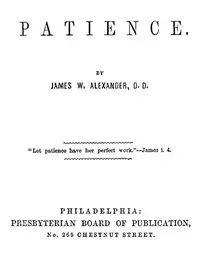"Bahá'í Administration" by Shoghi Effendi is a religious book setting out the rules for running the Bahá'í Faith. It emphasizes the need for strong leadership and harmony among believers. The book starts by sharing important writings from past Bahá'í leaders, showing respect for their wisdom and inspiring service. Effendi then explains the duties of Spiritual Assemblies, which are elected groups that guide the Bahá'í community, promote togetherness, and spread the faith's teachings. The book's tone is serious, encouraging Bahá'ís to commit to their faith's goals.
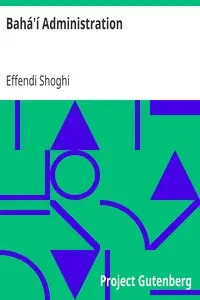
Bahá'í Administration
By Effendi Shoghi
Discover how elected councils guide a religious community, fostering unity and spreading their beliefs to the world.
Summary
About the AuthorShoghí Effendi (; Persian: شوقی افندی; 1 March 1897 – 4 November 1957) was an Ottoman-born Iranian religious figure and the Guardian of the Baháʼí Faith from 1921 to 1957. As the grandson and successor of ʻAbdu'l-Bahá, he was responsible for creating a series of teaching plans that oversaw the expansion of the Baháʼí Faith to a number of new countries, and also translated many of the written works of crucial Baháʼí leaders. Upon his death in 1957, the Hands of the Cause, which included his Canadian wife Rúhíyyih Khánum, took on the role of overseeing the transfer of the religion's supreme legal authority to the Universal House of Justice, which has held elections every five years since 1963.
Shoghí Effendi (; Persian: شوقی افندی; 1 March 1897 – 4 November 1957) was an Ottoman-born Iranian religious figure and the Guardian of the Baháʼí Faith from 1921 to 1957. As the grandson and successor of ʻAbdu'l-Bahá, he was responsible for creating a series of teaching plans that oversaw the expansion of the Baháʼí Faith to a number of new countries, and also translated many of the written works of crucial Baháʼí leaders. Upon his death in 1957, the Hands of the Cause, which included his Canadian wife Rúhíyyih Khánum, took on the role of overseeing the transfer of the religion's supreme legal authority to the Universal House of Justice, which has held elections every five years since 1963.


